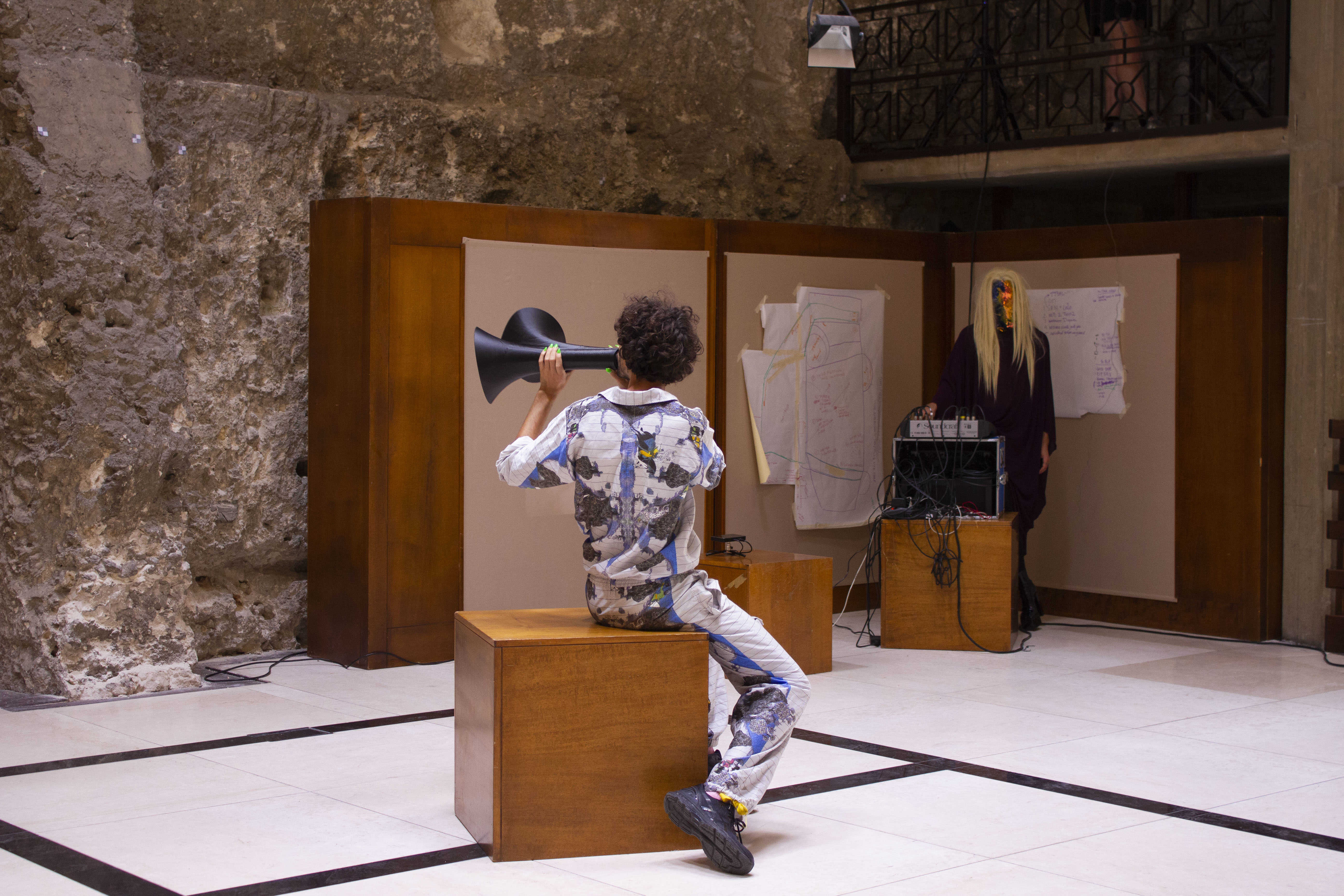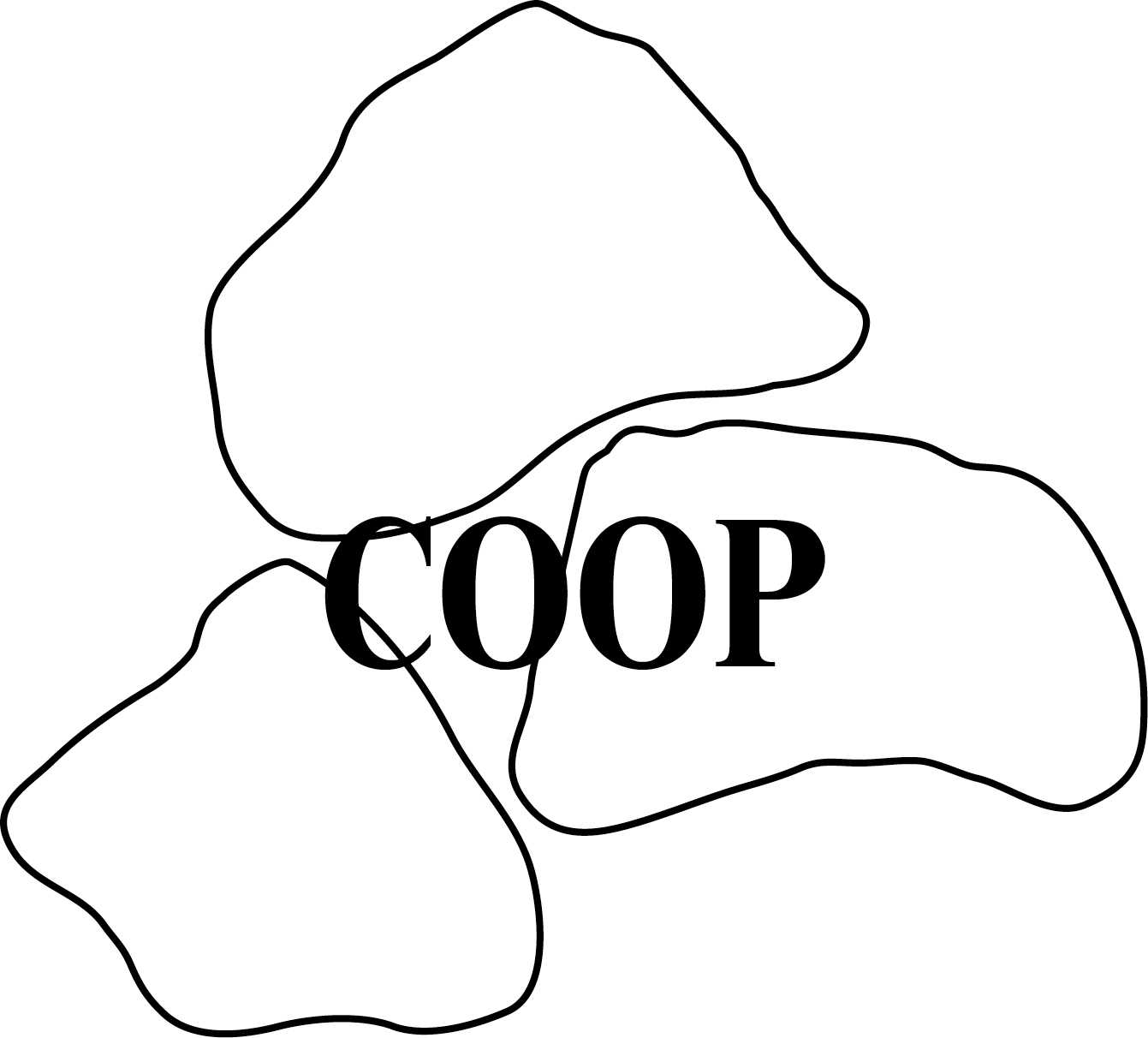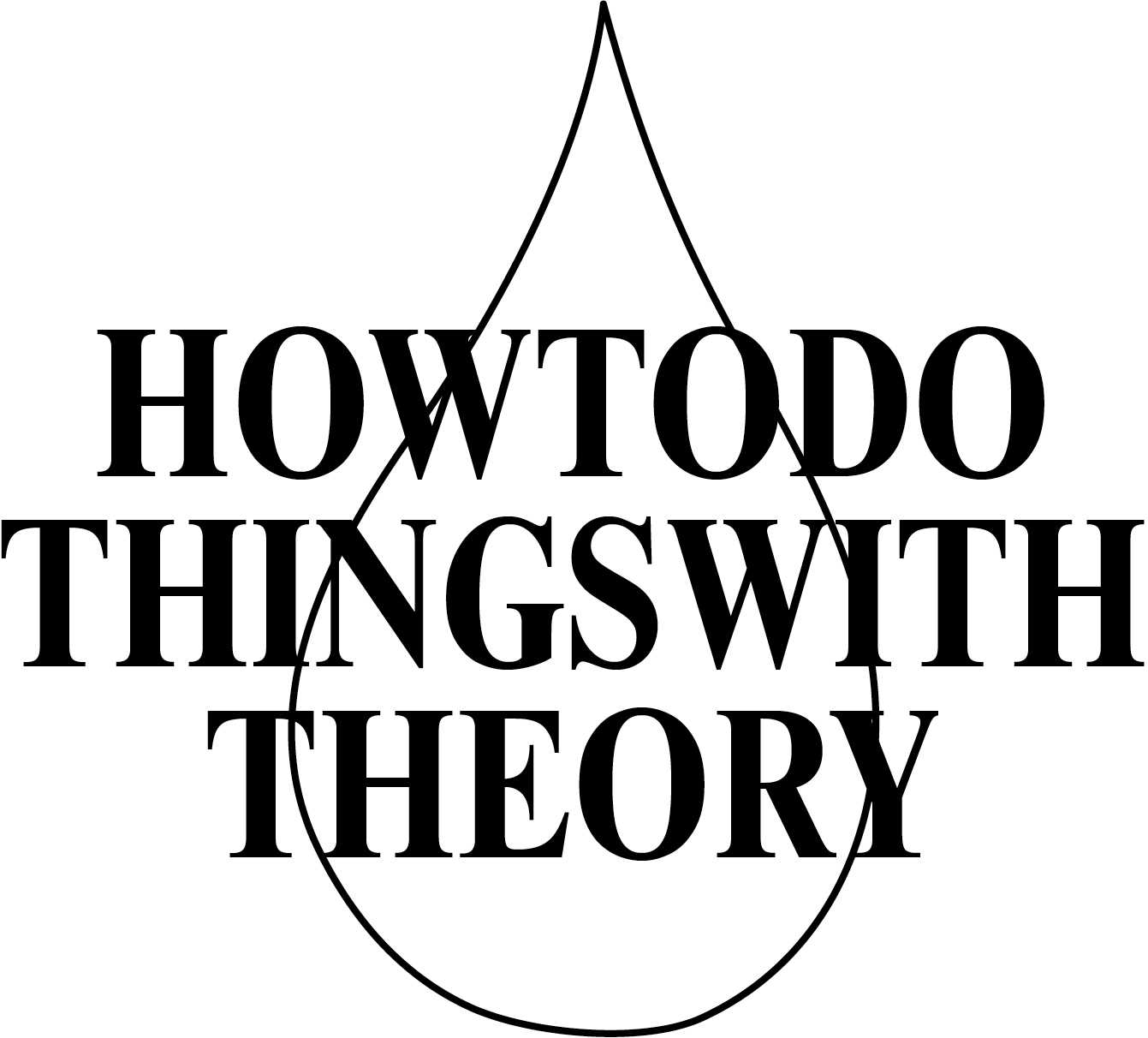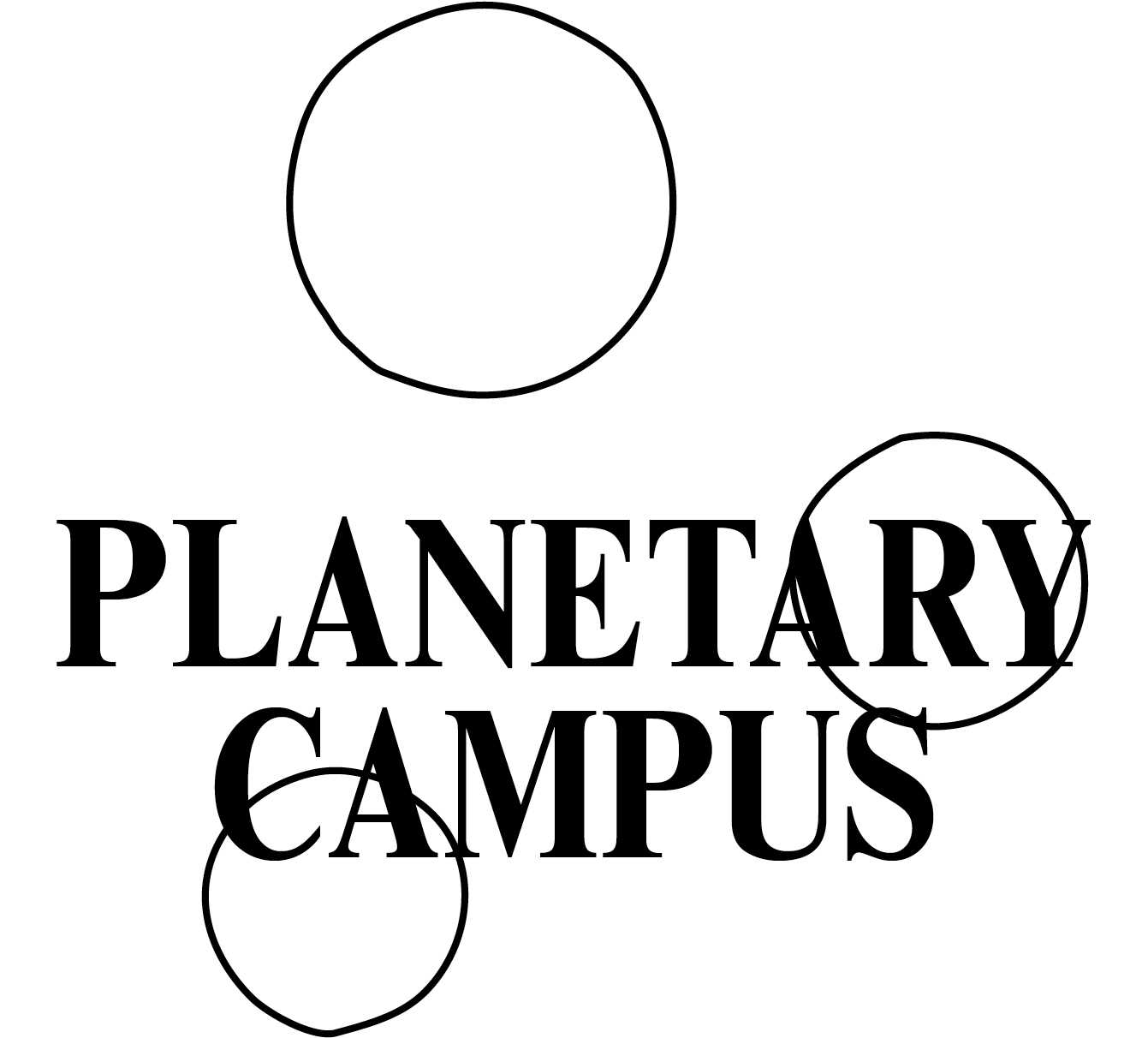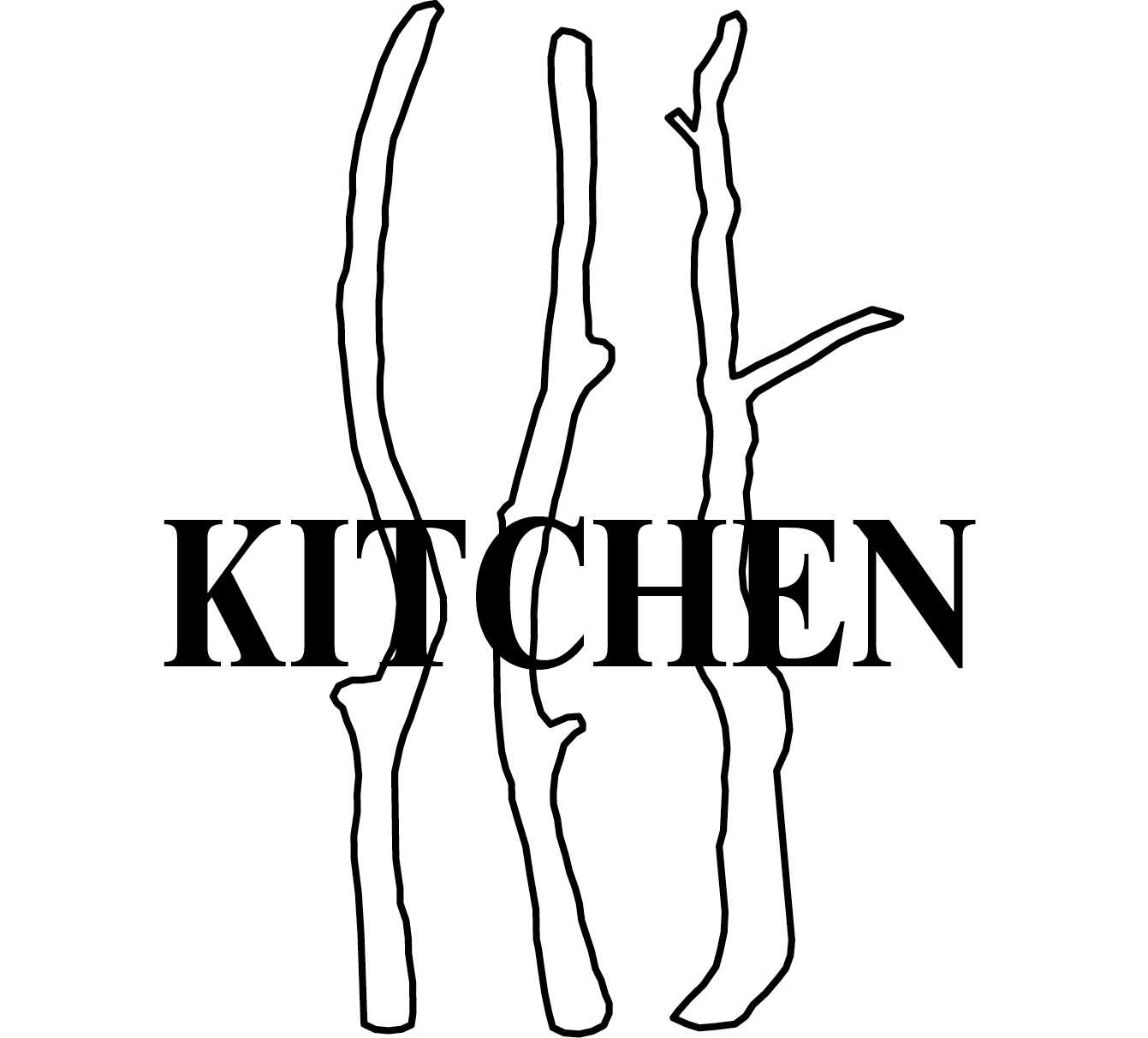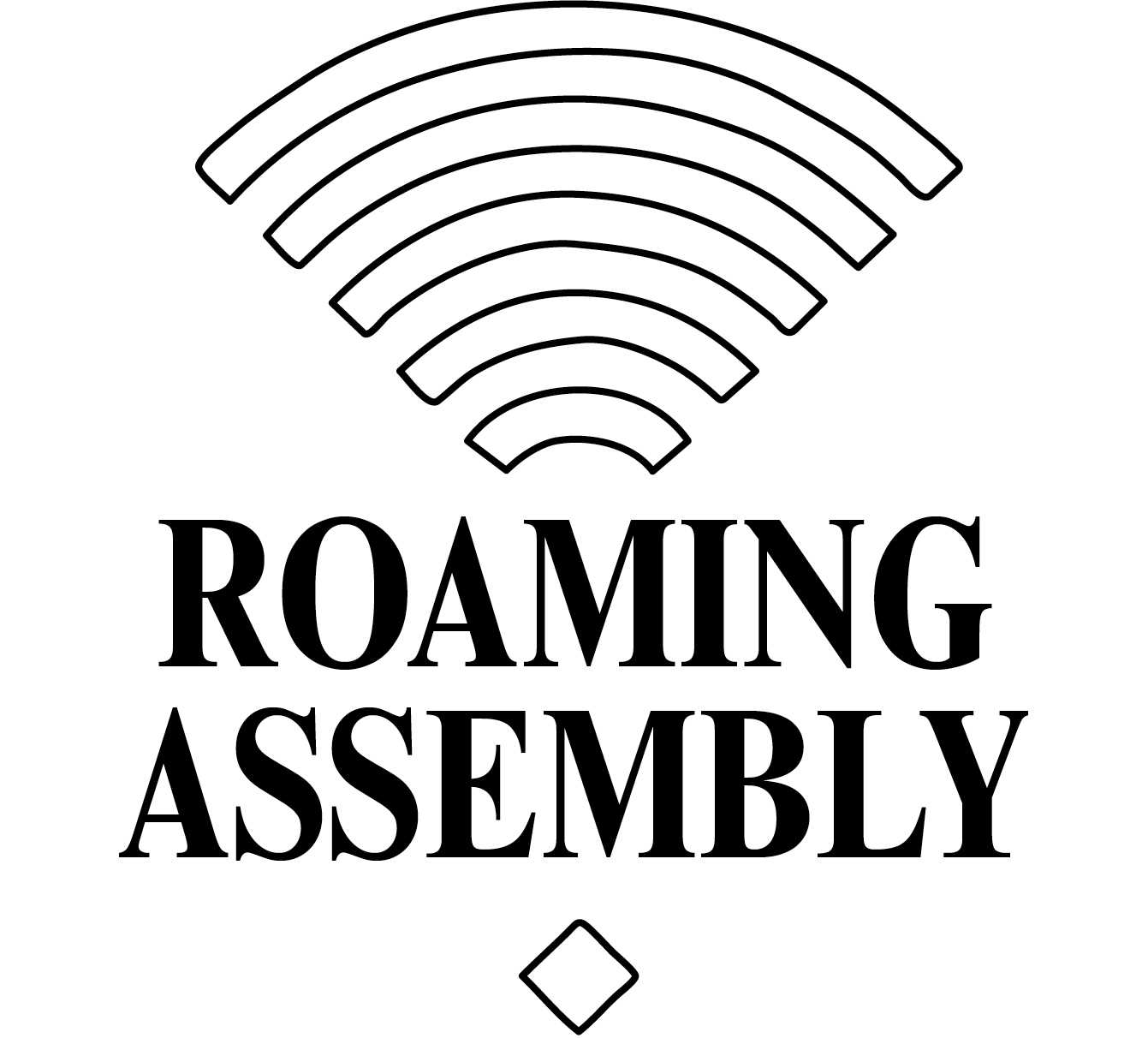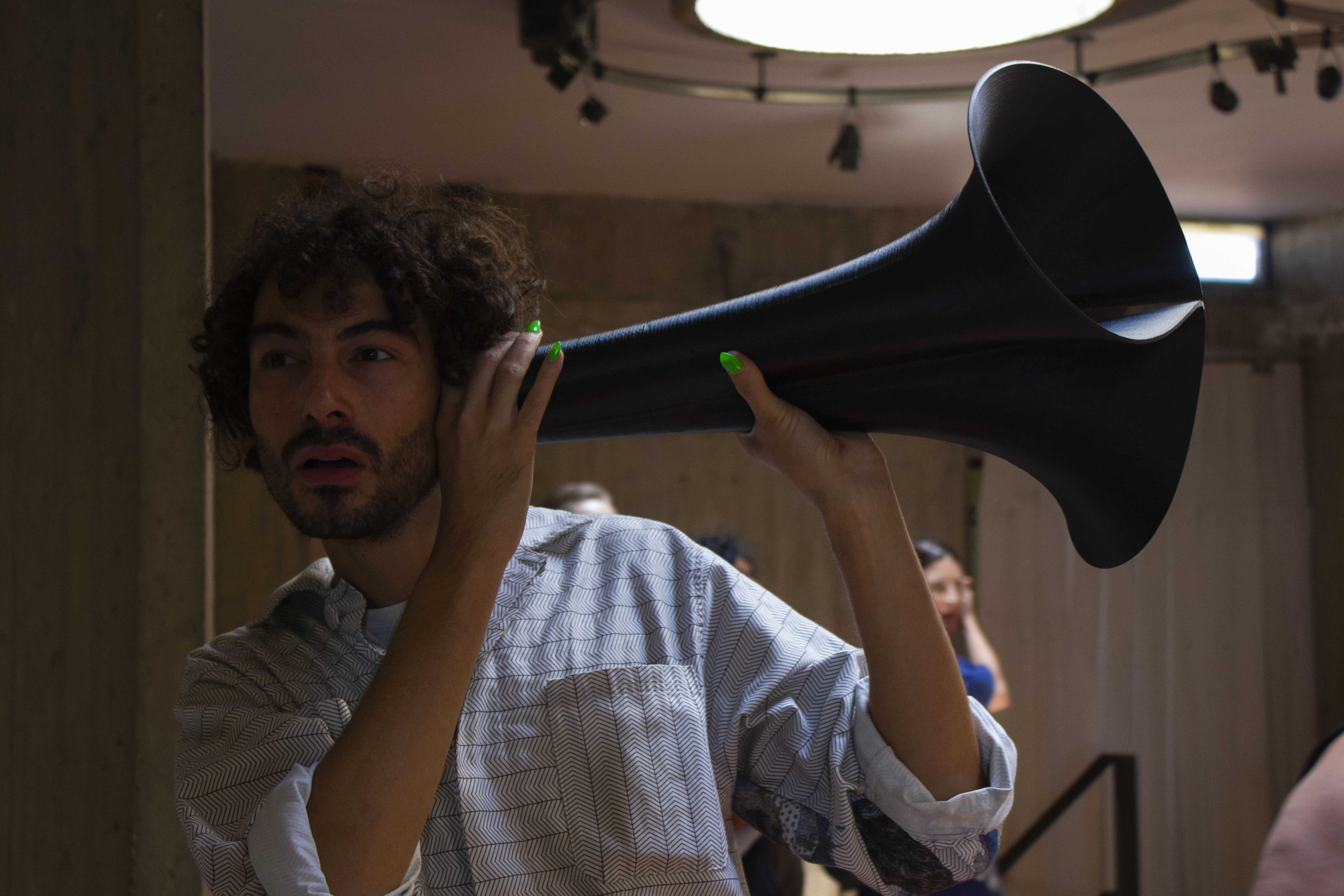Syllabus 2019-2020
(Dutch Art Institute a.k.a. DAI Roaming Academy stands for the entire program including its public moments, archive, alumni community etc. DAI Art Praxis stands for the MA course with the syllabus of the year at hand)
The two-year curriculum of DAI Art Praxis is a permaculture, a balanced, finely tuned blend of consistency and contingency that allows for a thoughtful integration of state-of-the-art research within the required competencies and learning objectives that come with our status as a fully accredited MA program.
During the introduction week in October 2019 director and lead-tutors presented the workshops, seminars and study groups with their corresponding methods of 'working together', to our student body. DAI explicitly asks its tutors to work with a model based on reciprocity. Tutors fuel and underpin a ‘curated class’ departing from their research questions, while the students are invited to contribute to the conversation with their artistic and /or theoretical research. Both students as well as tutors are expected to be open to new questions, to new insights and propositions – tutors take on leading roles, but can occasionally delegate this duty. Tutors, just like students, are invited to use the DAI context to further their research or study. DAI considers this to be a crucial aspect of its mission.
In addition to collective work sessions, face to face advisory meetings geared towards tailor made, individual support for each student, will also be organized within the framework of our 3 modules: HTDTWT, COOP study groups and Planetary Campus.
Please find the descriptions to these curriculum components below. First and second year students will study and work together in all 3 modules.
CURRICULUM COMPONENT A: COOP study groups
~ compulsory - 22 EC per year
Six COOP study groups are at the heart of the DAI's curriculum. The COOPs ask for active participation in & productive contributions to, curated, cooperative, un-disciplined, art research trajectories. A COOP study group brings tutors and students together around a well-defined and relevant question or proposition.
In the academic year 2019-2020 each DAI-student will join one out of 6 study groups. The 2019-2020 study groups came into being in response to a commission from the part of DAI: for each study group a partnering organisation or institution has been invited to convene a solid, small tutorial team, whereby artistic, curatorial and theoretical knowledge, experience and intuition are carefully balanced.
The 2019-2020 study groups will gather for several days during each DAI Week to share research and to develop group works. Ideally these group works come into being as truly collaborative endeavours, but they may also be the umbrella for more or less individually produced contributions, meaningfully assembled by the study group.
Gatherings can take the form of, a seminar, presentation (group or individual), reading group, walk, site visit, boot camp, laboratory, screening, interview, exhibition, examination, meditation, party, work out, exercise or otherwise. Face to face meetings with one or more of the tutors will be organized on a regular basis, in order to help the individual student to establish viable connections between their individual praxis and the specific field of enquiry of the study group.
A study group's modus operandi is guided by an overarching question or proposition to which the tutors as well as the students can respond with aural, visual, tactile, performative, digital, cinematographic, choreographic, architectural, curatorial, textual, theatrical, theoretical and practical musings and findings (along guidelines formulated by the tutorial team). Input to the gatherings will have to come from all involved. Students can be asked to prepare presentations and to lead specific sessions. Students should invest generous time, in-and outside DAI Weeks, as well as practical skills and knowledge (building, documenting, reporting, communicating, administrating etcetera) in realizing both the chronicles as well as the final group work.
Chronicles are online containers, collectively curated, moulded, sculpted and choreographed by the student participants in the COOP study groups to be published on the DAI’s website. Textual, visual and aural notes echo day to day encounters during each DAI Week gathering. Taking shape by diverse forms and styles of mediation, they exist as fragmented, artistic and lively modes of archiving how knowledge was produced and shared; thus, building a student led mnemonic reservoir.
The tutorial teams will take care of guiding the group towards the public presentation of a group work during COOP SUMMIT 2020. The final group work can be an action, a book, a website, an exhibition, a film, an opera, a play, a (group) performance, a combination of all these or otherwise.
Individual midterm evaluations are student led, in conversation with the tutorial team.
Research, underpinned by strong individual efforts, will be materialized in group works: the regular chronicles and the final work to be presented during the COOP SUMMIT.
Individual input to the collective output will be assessed by the tutorial team.
Component A is concluded successfully when the student is accredited with at least a ‘satisfactory’ by the projects tutorial team for the overall review
Read more about each of the 6 COOP study groups 2019-2020.
COMPONENT B: How To Do Things With Theory
~ compulsory - 22 EC per year
"How to Do Things With Theory" is a two year study trajectory designed to help students to develop skills to formulate relevant questions related to theory, which strengthen their praxes, and allow them to position their work in broader contexts. The trajectory consists of a series of seminars and reading sessions guided by the tutor as well as individual tutoring. The final outcome of "How To Do Things With Theory" is a written thesis. Supported by face to face meetings, the student is expected to bring forward a theoretical question arising from, and therefore closely related to their praxis. Both theoretical research as well as academic writing skills, always in some relation to their praxis, will be furthered. At the end of the first year, the student submits a written thesis proposal for the writing of the thesis in the second year. The thesis must be supported by a concentrated reading of at least six titles and should have a length of between 10.000 to 15.000 words. Theses with the absolute minimum of 8.000 or the absolute maximum of 17.000 words will only be accepted after agreement of the involved theory tutor.
The thesis must be presented in English and will be evaluated by the student's "How To Do Things With Theory” tutor. Exceptionally the given format of the thesis can be adapted to specific needs or abilities, always only after written permission from the mentoring tutor and the head of program. It is not allowed to hand in an older thesis, written in a different (educational) context, nor is it allowed to re-use texts produced in the context of another DAI Art Praxis component.
Halfway through the course, at the conclusion of the first year, each student will be assessed on "participation & research" in the seminars, and "individual research & writing."
Component B is concluded successfully when the student is credited with at least a ‘satisfactory’ by the tutor in the overall review.
Evaluation: insufficient, satisfactory, very satisfactory, good, very good, excellent.
Read more about the 6 HTDTWT seminars 2019 -2020
COMPONENT C: PLANETARY CAMPUS
~ compulsory - 16 EC per year
The Planetary Campus is an innovative conceptual space where the MA curriculum "DAI Art Praxis" opens up to a wide variety of productive encounters with external and internal positions and interests. The Planetary Campus aggregates interfaces between academic and artistic researchers, between the academy and the world, between DAI-students and DAI-alumni as well as between DAI-students and the DAI as institutional framework.
Here, perspectives on co-production and co-creation, on orality and performance, research and publicness, and on the politics and the poetics, the ethics and the aesthetics at, and of the DAI (and beyond) can be explored through a variety of formats.
C1 Kitchen: Lecture performances / presentations
Each DAI-week, one full day is dedicated to presentations and lecture-performances (recognized here as a longstanding unique discipline, a hybrid of research, lecture, visual art and performative narrative techniques). During the course of their study trajectory the Kitchen offers individual students four times a space to present in sheltered "free space”, where for the duration of twenty uninterrupted minutes each student is invited to 'speak' to an audience consisting of all their fellow students, prospective students, the Head of Program, a camera and a camera woman, and monthly changing guest respondents.
The Kitchen comes with a strict protocol. Beginning their presentation with a carefully crafted key question, each student presents work or research by means of performance, talk, performance-lecture, screening, reading, recital, choreography, play, concert, demonstration, action, presentation of relevant aspects of praxis or work in progress or process, reference sets or, a combination of (some of) these formats. Other than the limits of the given time and space frame and some basic curatorial rules (published on the Kitchen page) there are actually no restrictions to the content and the format of the presentation. Following each presentation, in a conversational mode, the invited respondents will try to engage with the presentation by means of an improvised, non-judgemental, raw, sketchy, tentative, spoken reflection, roughly guided by "the question".
For the fourth and final presentation of the two-year trajectory, a public presentation space will be made available and the filmed documentation of the presentation/ performance will be published on the DAI’s website.
The two-year learning curve, including the final wrap up in a public setting, will be assessed by the Head of Program, carefully weighing the relevance, care, inventivity and acumen with which a student has managed to make use of this two year trajectory, with the comments of the guest respondents over time, as an informative back drop.
The totality of the credits is given upon graduation. The Kitchen is concluded successfully when the student is accredited with at least a ‘satisfactory’.
Read more about The Kitchen 2019-2020.
C2 ROAMING ASSEMBLY
The Roaming Assembly is a recurring public symposium convened by guest curators and scheduled to take place several times per year at a variety of locations. It functions as it were as the DAI-week's 'centerfold' event: a state-of-the-art speculative and hybrid program exploring specific themes and topics of contemporary relevance to the thinking of art in the world today. A welcoming hub where art, research and production work are generously shared between, presenters and the public, where complexity can be embraced and intellectual intra-actions are fostered.
Although closely interlinked with the core issues addressed by the DAI's academic program, Roaming Assembly editions are not conceived as plain extensions of the regular DAI classes and seminars, but rather envisioned as sovereign happenings, designed to “mobilize our bodies, our intelligences” and to connect DAI to wider discourses .
Each student hands in a written reflection on the past Roaming Assemblies of MIN 500 - MAX 2000 words. A deadline will be communicated.
Assessed by the Planetary Campus Team / Evaluation: pass or fail
Read more about the Roaming Assembly
C3 The Factory 2.0
Factory 2.0 offers the students time and space to engage with a variety of activities, either self-organised among students, or organised by, or together with the Planetary Campus Team, both on a structural base as well ad hoc. The Factory aims to actively involve students in organisational aspects of the Kitchen, the Roaming Assembly as well as to offer students agency and responsibility in relation to DAI’s modus operandi at large: as co-creator, communicator, co-producer, learner, listener, organiser, participant, performer, presenter, reporter, researcher and respondent.
A container of various undertakings, Factory 2.0 encloses (so far) the following initiatives and activities:
Weaver
Weaver is an initiative by the Planetary Campus team calling for the formation of group of students to engage on weaving the relational space among the curators and guests of upcoming Roaming Assemblies and the DAI community at large. Weaver takes as a (given) starting point the conceptual and contextual parameters or each Roaming Assembly edition and knits the roof under which each symposium’s organizational components and its participatory/co-creative protentional are projected, propositioned and actualized. To that extend Weaver is envisioned as a small unit (with the possibility of temporal expansions/recruits) implementing a range of skill sets and assuming a variety of positions: learner, participant, recruiter, reporter, co-producer, co-organiser and host.
Student Led Activities
Embedded in the time frame of Factory 2.0, Student lead activities encompass all group initiatives and undertakings organized by the student body. Each DAI week and during the indicated time slots, DAI’s on-site facilities open up to enable the gatherings of existing student-organized groups ( Curriculum group, Logistics group, Care group) as well as activities such as the General Assembly, the Feed-Back sessions and new prospective initiatives (long lasting or one time occurring).
In June the student hands in a brief self -evaluation of 200 - 500 MAX words / sign off PC team
Pass or fail
Read more about the Factory 2.0
C4 Web-presence at the Alumni Embassy
DAI’s Planetary Campus extends far beyond the moment of graduation as DAI is committed to keep the conversation going – for this reason it is important to create (digital) spaces for reunion. The Alumni Embassy on the DAI website provides a curated platform from where former students can keep the DAI community, as well as DAI’s wider network updated on their activities. Shortly before their graduation all graduates are asked to share links to their websites (and /or social media in so far, they relate to their professional practice).
Assessment by the head of program|artistic director of a student’s web-presence is limited to one competence: ‘presentation & communication’: do you do justice to your own praxis? Are your references and credits fair and up to date? As a “return upon investment” DAI asks you to include a link to the DAI website, in your cv or otherwise.
Deadlines for new websites will be announced. Existing websites will be evaluated according to the same criteria.
Evaluation: pass or fail
ECTS credits
A student's workload is measured in ECTS credits. ECTS stands for European Credit Transfer and Accumulation System and is a standard across the European Union. One credit represents 28 hours of work and 60 credits represent one year of full-time study. DAI students must 'earn' 120 EC credits before obtaining their MA certificate.
http://ec.europa.eu/education/ects/users-guide/glossary_en.htm#learning-outcome
Competencies as key learning outcomes
Since the Bologna agreement, reforms were implemented that introduced outcome orientation in higher education, increasingly focusing on students’ so-called 'competencies' as key learning outcomes.
Separate from the ECTS credits students are expected to acquire 'competencies' related to their field of studies and develop the ability to reflect on and expand their knowledge and apply and adapt it to various areas of professional practice. In addition, higher education is expected to promote the acquisition of transdisciplinary, multifunctional skills and key competencies.

